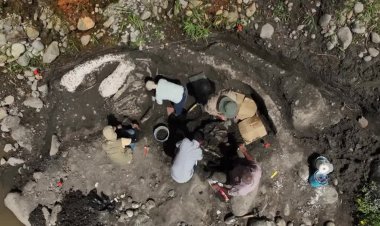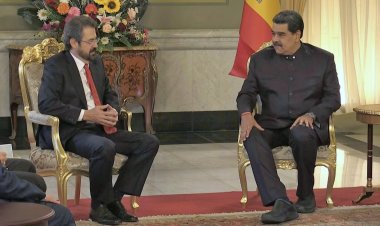UK launches first quantum satellite hub

Heriot-Watt University in Edinburgh, Scotland, has repurposed an observatory telescope to combat cyber threats through the UK's first facility dedicated to quantum key distribution (QKD) via satellite.
The $3.3 million Quantum Communications Hub Optical Ground Station (HOGS) uses advanced laser systems and single-photon technology to create virtually unhackable encryption keys. This aims to help protect sensitive data in banking, healthcare, and other critical sectors, reducing the UK's annual cybercrime cost of $36 billion.
The project lead, Ross Donaldson from the university's Institute of Photonics and Quantum Sciences, emphasizes the importance of this technology as investments in quantum computing ramp up. Certain quantum algorithms could potentially hack into secure messages sent today and in the future, so securing encryption now is crucial.
HOGS will support the launch of a CubeSat later this year to demonstrate space-to-ground QKD, with the goal of creating a "quantum internet" across the world by connecting with international partners. This could help connect future quantum computers and enhance cybersecurity defenses against evolving threats.
British companies, public bodies, and institutions have been hit by a wave of cyberattacks in recent years, costing millions and causing significant disruption. The British government has urged all UK companies to treat cybersecurity as an absolute priority.
HOGS is funded by the UK National Quantum Technologies Programme and supports the Integrated Quantum Networks Hub, a UK initiative to develop secure quantum communication networks. The hub's director, Gerald Buller, believes that quantum-based encryption techniques will be particularly valuable for high-value transactions and government communications.
Last year, Britain announced several new quantum research hubs to advance research into healthcare, cybersecurity, and transport as it looks to become a quantum-enabled economy by 2035.















